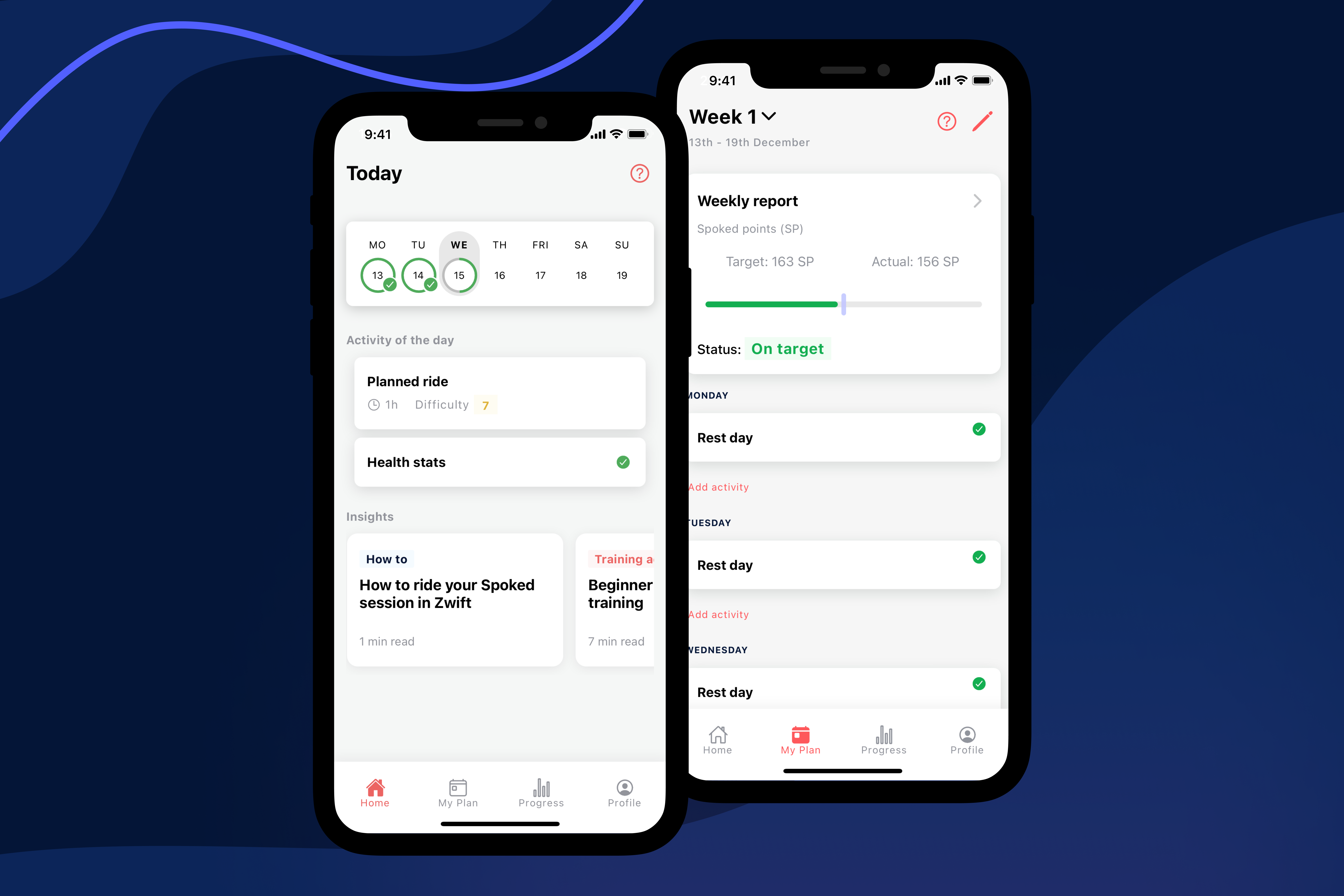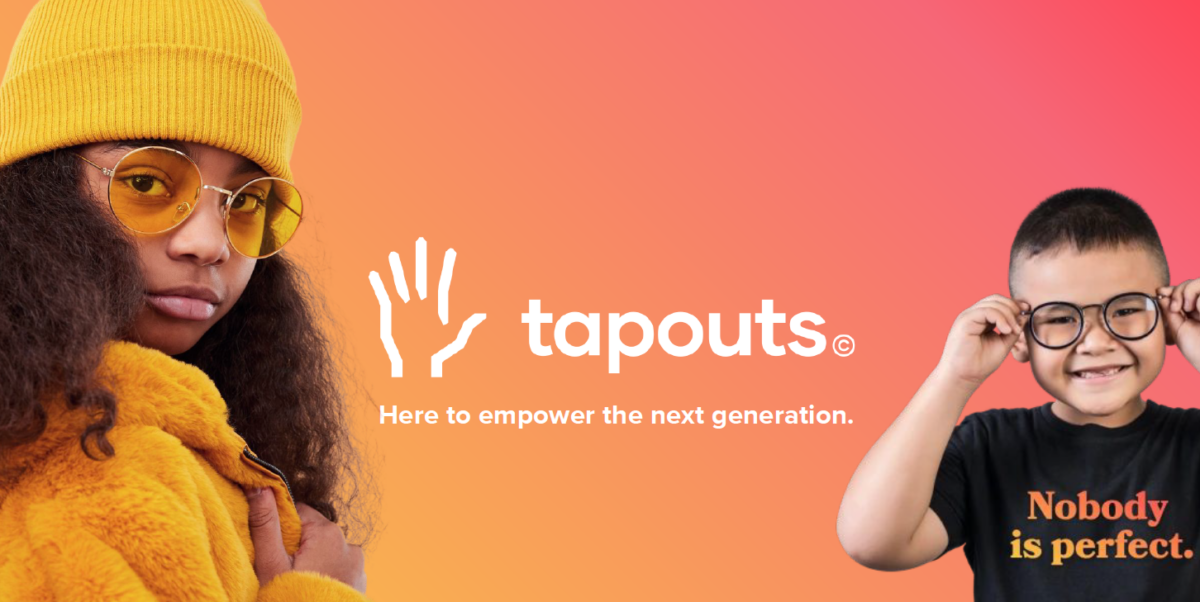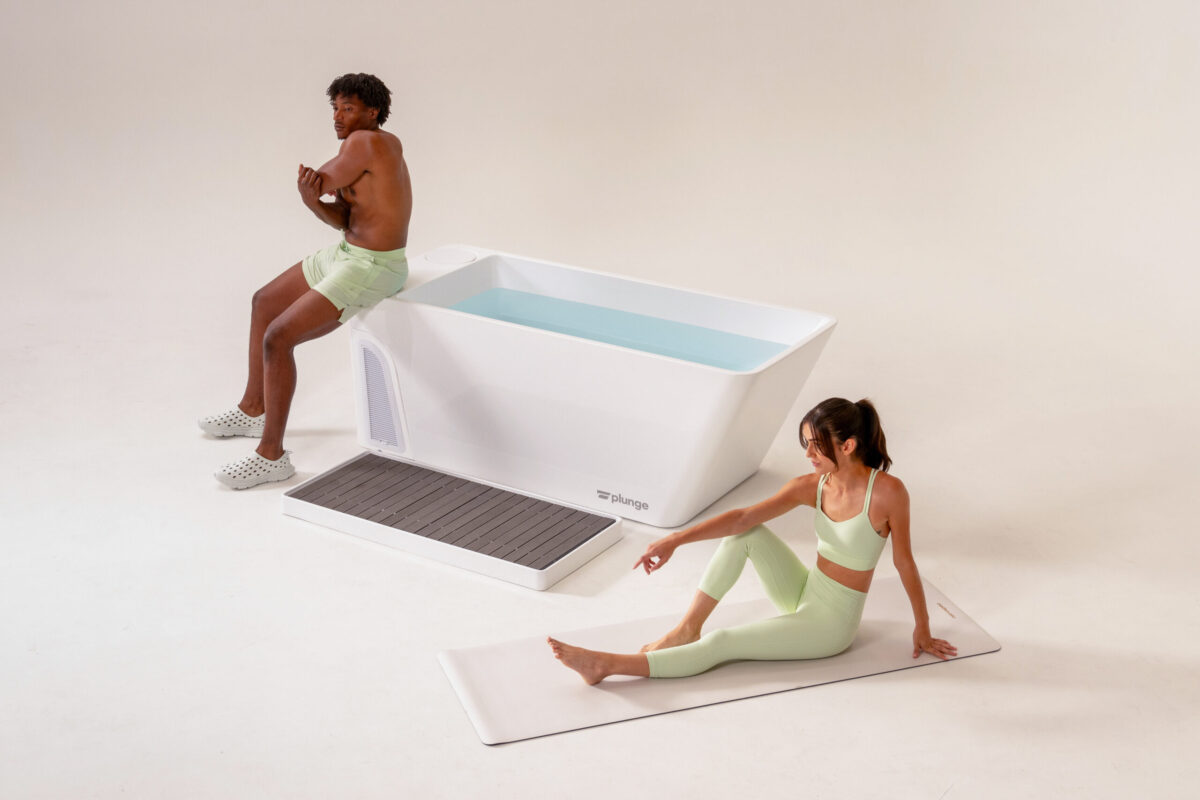Startup Q&A is an interview series showcasing early-stage health, fitness, and wellness companies.
In this Q&A, we interviewed Richard Lang, founder and CEO of Spoked, a digital cycling app using AI to develop individualized training plans. Richard details how subjective feedback and hard data lead to personalized performance coaching and how the startup’s B2B model opens the door to wearable integration.
Can you tell us about what you’re working on at Spoked?
Richard Lang: Spoked is a sports technology business that brings online personalized coaching to everyone. It’s a simple and easy-to-use app powered by smart algorithms that also integrates with other fitness businesses’ products to help them deliver truly bespoke training plans at scale.
We focus on helping cyclists get more out of their training by building flexible and adaptive plans and adjusting these based on rider feedback and data. Our growing community of cyclists all have their own goals, and each plan is 100% personal to them; the one thing they all share in common is a desire to improve on the bike and enjoy riding more.
It’s about riding smarter, not harder.
To me, creating a personalized, holistic experience isn’t simply presenting back some data you’ve achieved or having some static copy attached to certain scores. It’s about analyzing the data and combining this with personal feedback (sleep, mental and physical freshness), then adjusting the training plan based on their personal goal.
We’ve learnt that analyzing data alone isn’t a reliable source, and it needs to be decoupled from the athlete’s feedback to provide real value.
What also makes us different is how transparent we are about our tech — you can easily read about the science and logic that powers Spoked. Our algorithms were built by people who live and breathe cycling, and this has helped us create a simple, intuitive app that cyclists love.
We’ve also worked hard to replicate the “human touch” that comes from a real coach — one you can pick up the phone and discuss how you’re feeling, all within the tech. We see this as being at the heart of Spoked’s success and what makes it superior to other training apps.
Spoked is based on science, led by coaches’ expertise, and shaped by athletes.
How did you come up with the idea? What key insight led you to pursue this opportunity?
RL: The idea for Spoked was sparked back in 2016 whilst I was building a business cycling community in Manchester. Since retiring from semi-professional cycling, I had been coaching about 20–30 people regularly but had reached my ceiling and couldn’t take on anyone else.
At the same time, I was meeting lots of cyclists who wanted to improve on the bike but couldn’t justify spending the £100+ it costs to get a personal training plan. That’s when we had the idea to build an online app to bring personalized coaching to everyone.
Starting a new sport isn’t easy. You need to build your fitness and also your knowledge base. As your knowledge grows, you feel more confident and you enjoy training more. Building your knowledge base requires commitment, and we know people are time-poor and don’t want training to feel like a chore.
Spoked exists to make it simple to train smarter, making it easy and enjoyable to improve on the bike by guiding you on the journey. It doesn’t require a lot of time or commitment, but the value you receive creates a shortcut to the success you want to achieve.
What’s been interesting is challenging the idea that coaching is just for people with a serious goal. If you look at the general health and fitness industry, personal trainers and workout apps are huge. Millions of people use them every day. We see our coaching in the same way, allowing anyone to enjoy the benefits of a coach.
How did you turn your idea into a company?
RL: It was my experience as a high-level cyclist that helped me rebuild myself as a tech business founder. Having a small team with a tight budget meant we all had to get stuck in and upskill fast.
Experimenting and creating the early designs and website ourselves helped us communicate more clearly how we wanted to shape the rider experience. Our first big milestone was reaching 100 customers with no marketing budget. At the time, Lee Murphy [Spoked’s tech lead] was our sole developer looking after the front and back end across Spoked’s vast product journey.
Today, the team is still small, even with the new addition of Will [Farnell-Smith], who looks after the front end and app releases. Thankfully, we’re backed up by a fantastic network of world-class coaches, sports scientists, and product designers, as well as a community of like-minded riders.
How big can this get? What’s the addressable market and how do you go about capturing it?
RL: We believe the market opportunity for Spoked is huge. Just look at how Strava has built a global community of 95 million people and the rise of Zwift — it’s phenomenal. I found it interesting to read in Strava’s report that people are more engaged when they have a goal; this is what we’re tapping into with Spoked.
Plus, we look at the likes of Oura, WHOOP, and Supersapiens. Each has their own vertical that they excel in, but none of them create a holistic training experience. Their customers need to use multiple apps to paint the full picture of their fitness and recovery. This is where we see an opportunity for Spoked to help take these businesses to the next level of personalisation.
We’re now focusing on partnering with like-minded fitness businesses to enable them to access Spoked’s smart algorithms within their own software and products.
Who is the core customer? How are you acquiring customers? And how will you grow the customer base?
RL: Although B2B is our focus, at the end of the day, the customer is the everyday athlete. They train consistently, are curious about their data, and enjoy a piece of cake at the coffee stop or a pint over the weekend. Staying in tune to the end customer helps us build a better product.
That being said, we’re seeing growth through our B2B partnerships with Welsh Cycling Federation, Sports Tours International, and Busby. Plus, we have a few exciting partnerships that will be announced in 2022.
The way we approach building new partnerships is through low-risk/no-cost pilots. This enables us to build a business case study where fitness-based businesses can either distribute the Spoked app or leverage our technology.
Looking at your road map, what are some of the milestones you’re targeting over the next 3-6 months?
RL: The team’s short-term focus is on continuing to iterate Spoked under two key themes: flexibility and simplicity. We want riders to throw the kitchen sink at Spoked and to have the plan adjust and guide them back on track.
Additionally, we want to highlight the progress they’re making in a very simple way — not by focusing on hitting PBs but by celebrating the process that leads to these outcomes.
Long-term, it’s about taking the insight we’ve learnt within cycling and broadening Spoked into other endurance-based sports. We’re super excited about where we’re heading.
Anything else you’d like to share with readers?
RL: Imagine you could improve your fitness levels without needing to commit any extra time to the bike or your training routine. This is what Spoked helps you achieve in a simple and smart way. If you have questions or thoughts about Spoked, I would love to hear from you. Please reach out to me at rich@spoked.ai.
If you’re interested in having your company featured in our Startup Q&A series, send an email to team@fitt.co.
 Spoked
Spoked


